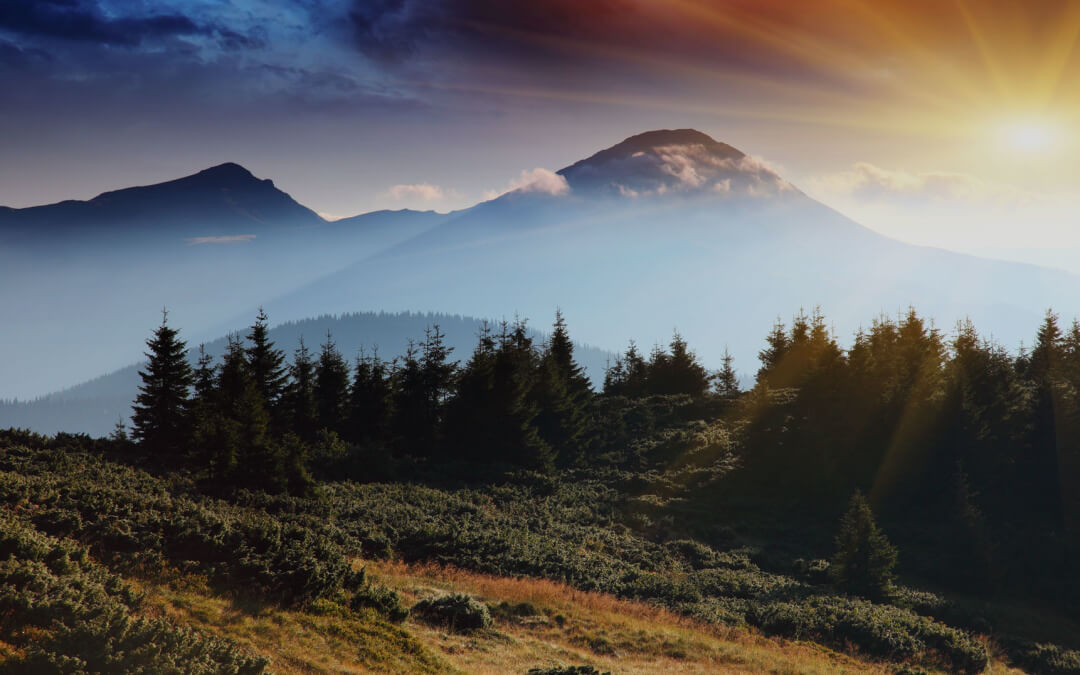Tim Robinson was man of many ways. He was an ecologist, an environmentalist, a natural historian, a geographer, a botanist, and even a translator. He wanted to find out what it was like to live well on the earth and to discover the right way to be in the world, find a home in the world, a way to belong. Hailing from Yorkshire, in England, he wanted to write novels and came to the Aran islands off the west coast of Ireland.
But instead of dreaming of enchanted other-worlds, he fell under the spell of the dream-world of Aran – old islands off the west coast of Ireland. The barren, rocky, wild islands captured his imagination. The islands were wrapped in ‘immensities’, he said. He began to observe the life of the island and put those observations in a little diary. There was so much richness in what he saw!
Tim Robinson was a man of great interest. Do you know where the word interest comes from? The old Latin interesse; Inter means ‘between’ or ‘among’, while esse means ‘being’ or ‘existence’. Interest is about our relationship to existence, ours and the world. It is a relationship in which we are open and curious; we are engaged, fascinated even! Interest leads us into learning, to passion, fascination, awe, wonder, even ecstasy and elation. Interest is about the attention that we pay to things, that draw us in, that make us want to explore. Tim Robinson was deeply interested in everything he saw around him.
But he didn’t want to just observe the islands. He also wanted to contribute to them. So, he started to map them. His relationship with these wild Atlantic rocks grew and developed. He was so curious and wanted to learn everything he could about the island. He read and wrote and researched. He studied the rocks and plants, the shape and texture of the land. He watched the birds and wondered. The wren and the raven made homes in different parts of the island. He wondered why. He wanted to understand how life worked, what made them unique. In coming to know them, in attending to them, he grew to love them.
He traced the names of places, the history of monuments and landmarks, inquiring with the locals, slowly discovering the hidden history held in the ancient land. He studied surveys, took notes on little cards, poured over maps and dictionaries, immersing himself in the immensity of this place. As he learned, he resisted coming to conclusions about things too quickly. Patiently staying open, curious, not knowing.
It wasn’t just the land he documented. He wrote about the people. He told stories of the daring ‘cragmen’ who scaled down the great towering cliffs of Aran, attached to a rope held by a few men above; they were hunting seabirds, sometimes killing their prey with only their bare hands. Terrible accidents happened from time to time. Some of these men were lost to the raging seas below.
His work was a kind of worship. He loved the land. He loved to learn. The features of the land were the altars at which he prayed. The people of Aran used to put their signature in the walls they built. Each rock formation had an individual imprint. Robinson, too, imprinted his work upon the memory of the land. He celebrated every little detail he found from the rushing wind to the crooked trees and the wild seas.
The nature he explored was his refuge, his support, a consoling presence. He loved the little things, the things that go unnoticed, the everyday wonders we often no longer see. Always exploring, always discovering, his learning was a type of loving – a love for life.

